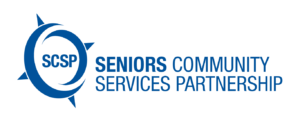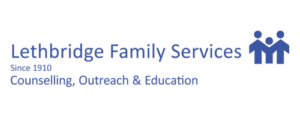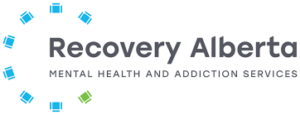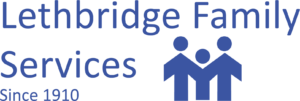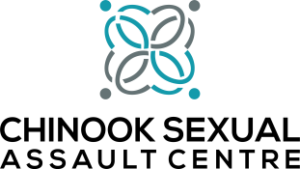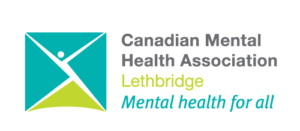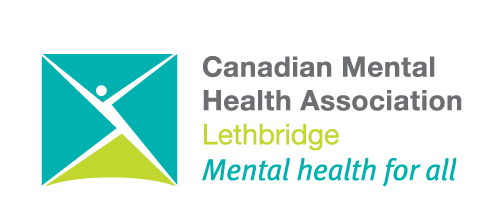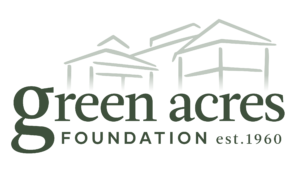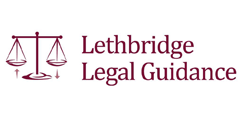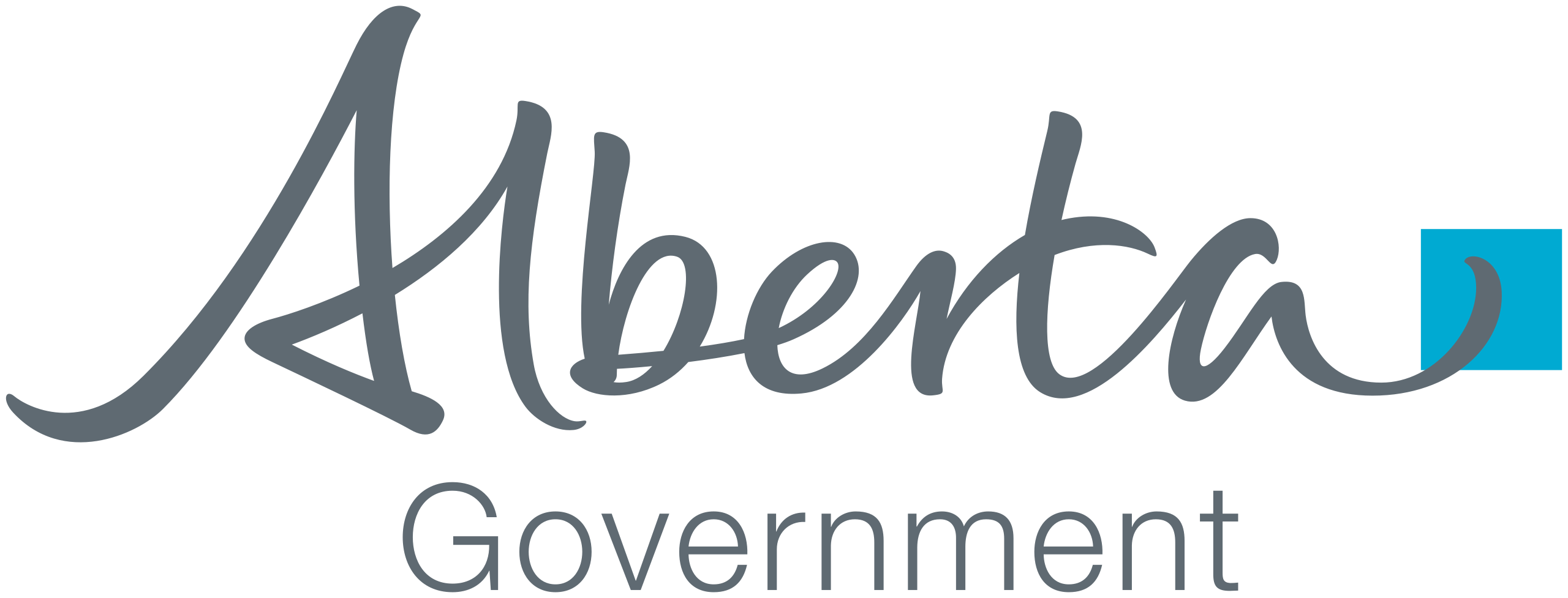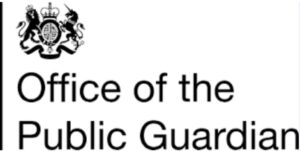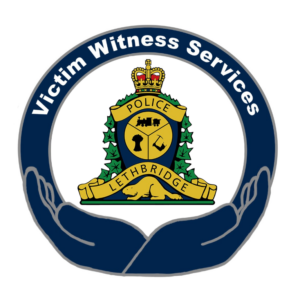What is LEARN
LEARN is a Coordinated Community Response (CCR) composed of senior serving agencies that work to provide education, awareness, and advocacy to community members regarding elder abuse.
The CCR helps reduce and address elder abuse through collaboration with LEARN Case Managers to strengthen the support provided to older adults experiencing or at risk of abuse.
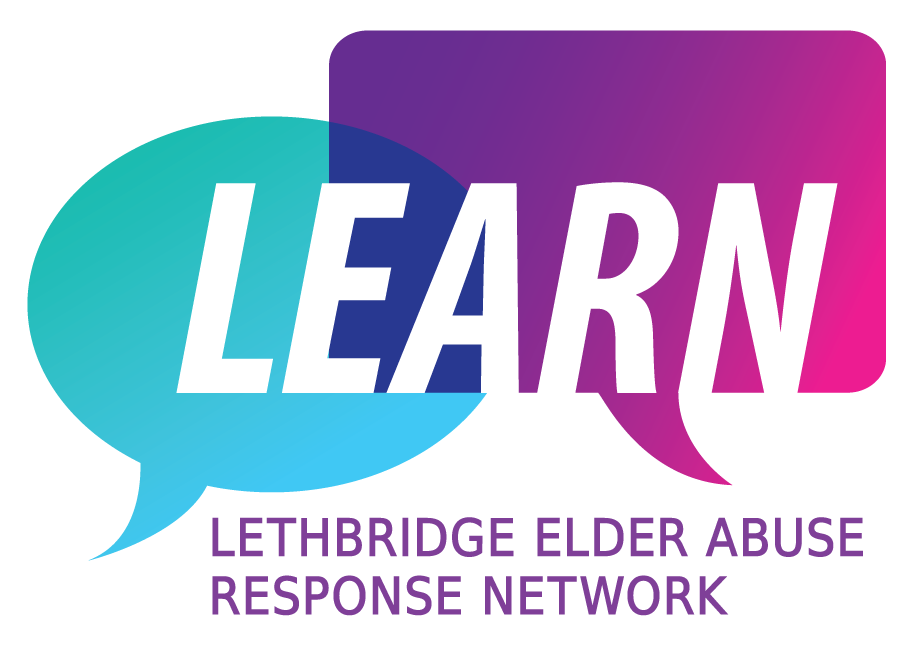
Community Partners
LEARN fosters partnerships among diverse organizations, such as law enforcement, health care providers, and social service agencies, to strengthen the collective response to elder abuse and improve the overall well-being of seniors in our community.
How Can We Help?
The LEARN Case Manager is responsible for addressing and responding to reports or concerns of elder abuse within Lethbridge and surrounding area.

Intervention and Support
The LEARN Case Manager will contact suspected victims, assess risk, safety plan, provide emotional support, create a service plan, and connect with other community resources.

Prevention and Education
Through workshops, training sessions, and community outreach, LEARN actively educates professionals, caregivers, and community members to recognize the signs of elder abuse and prevent its occurrence.
Our Impact
"I can't thank the LEARN Case Manager enough for her response and support when my mom became a victim of financial abuse. She provided us with counseling, connected us with legal assistance, and helped us access community resources to ensure my mom's safety and well-being. Her dedication and expertise made a significant difference in our lives during a challenging time."
- Sarah M.
"As a caregiver, I attended one of LEARN's educational presentations, and it opened my eyes to the signs of elder abuse. The workshop was informative and empowering, giving me the knowledge and tools to recognize and prevent abuse. I now feel confident in protecting the seniors under my care, and I'm grateful to LEARN for their commitment to educating the community and making a positive impact on the lives of vulnerable seniors."
- Eleanor W.


